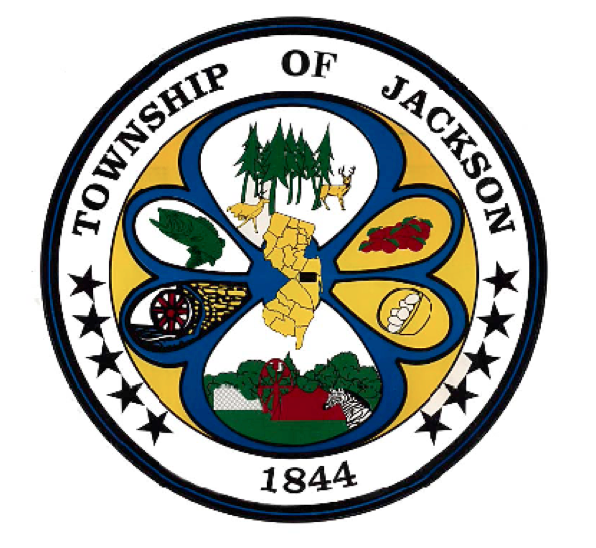JACKSON – The Jackson Township Council is calling for a study commission to review New Jersey’s Open Public Records Act (OPRA).
Council President Robert Nixon, Vice President Barry Calogero, Councilman Ken Bressi, Councilman Alex Sauickie and Councilman Andrew Kern passed a resolution on Nov. 12 calling on the state to review the law.
“If the Legislature wants to do anything useful with their time they can tackle this issue,” Nixon said as he told members of the public the municipal clerk’s office has received more than 1,100 OPRA requests this year.
An OPRA request is a document filed by an individual who is seeking the release of public documents from a government entity such as a municipality, a school district or a utilities authority.
“That is 3,000 hours this year that the clerk’s office has had to deal with in what I feel and what I think we all feel is an abuse of OPRA,” Nixon said. “We want people to know what the government is doing, we want there to be transparency, but this law is broken and it has been broken and the Legislature needs to address this because you are crippling the clerk’s office. Those who abuse this law are doing a disservice to the taxpayers of Jackson.”
The council’s resolution states that Jackson “strongly believes in and supports open,
transparent government, and that citizens and residents have the right to be informed about the workings of government in order to best participate in a democracy.”
According to the resolution, in 2002, Acting Gov. Donald DeFrancesco signed OPRA into law. The law mandates that government records will be available, with limited exceptions, for public access.
The intent of OPRA was to provide the public with easy access to government records with an uncomplicated process for obtaining the records and eliminating bureaucratic red tape, according to the resolution.
In the resolution, council members said that “over the course of 18 years, OPRA has been a positive light, but it has also been fraught with abuse and misuse, and has become an unanticipated financial cost to the taxpayers of New Jersey; and Jackson has labored under a well-intended law that has spiraled out of control due to the volume and nature of requests, the cost to taxpayers in responding to the requests, and the potential liability in having to pay disproportionate prevailing party attorney’s fees should the requests turn into litigated matters, as well as the liability in determining which documents shall be released, with or without redaction, while attempting to maintain individual privacy.”
The resolution states it is not only the volume of OPRA requests that challenge Jackson’s resources, “but it is also the cost associated with reviewing, retrieving and processing the OPRA request(s) by public entity personnel and counsel, and possibly defending our action(s) before the Government Records Council or in Superior Court.”
Jackson’s council is not the only governing body to have passed such a resolution. Officials in other municipalities have passed the same resolution which calls on the state’s elected representatives to review OPRA.

